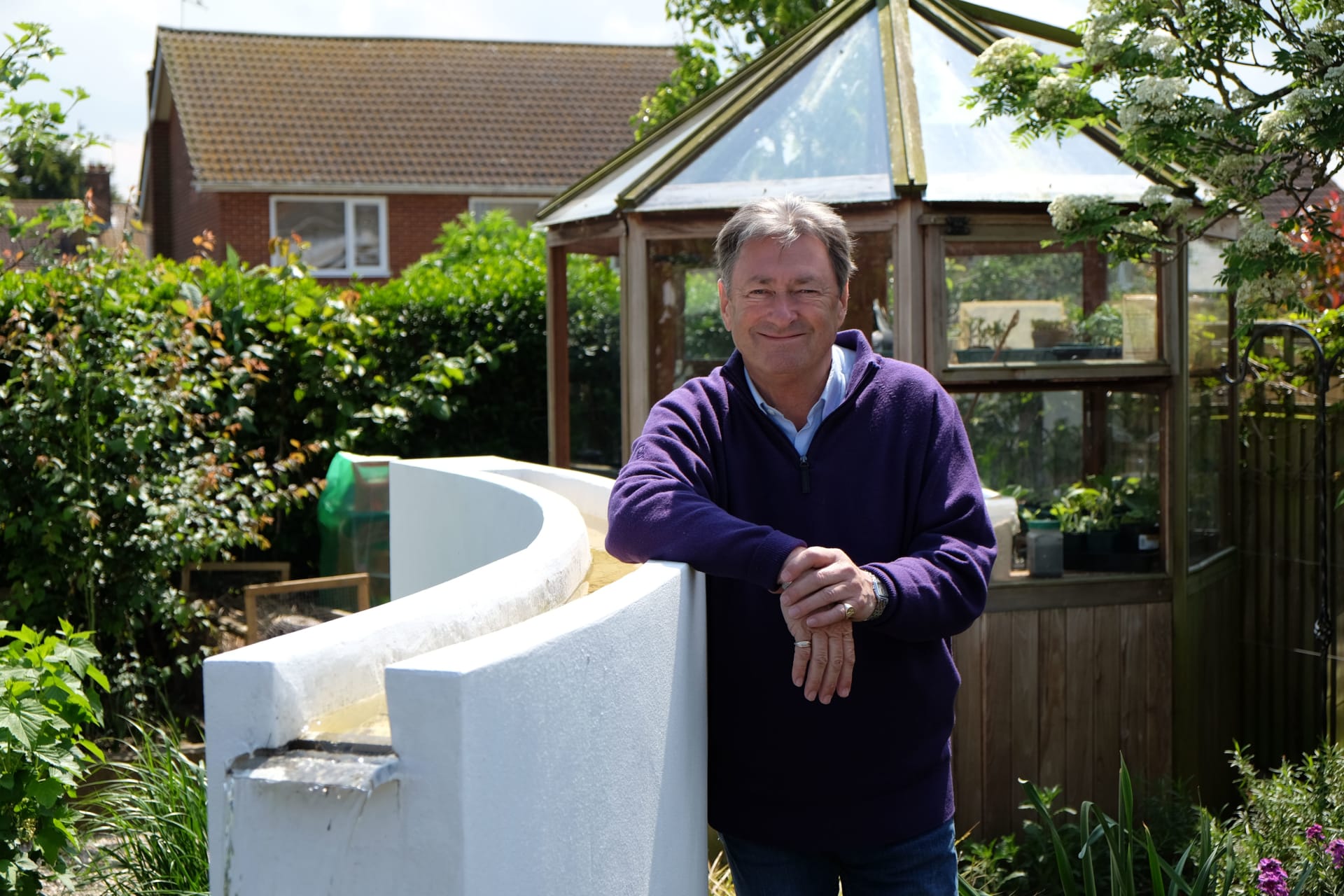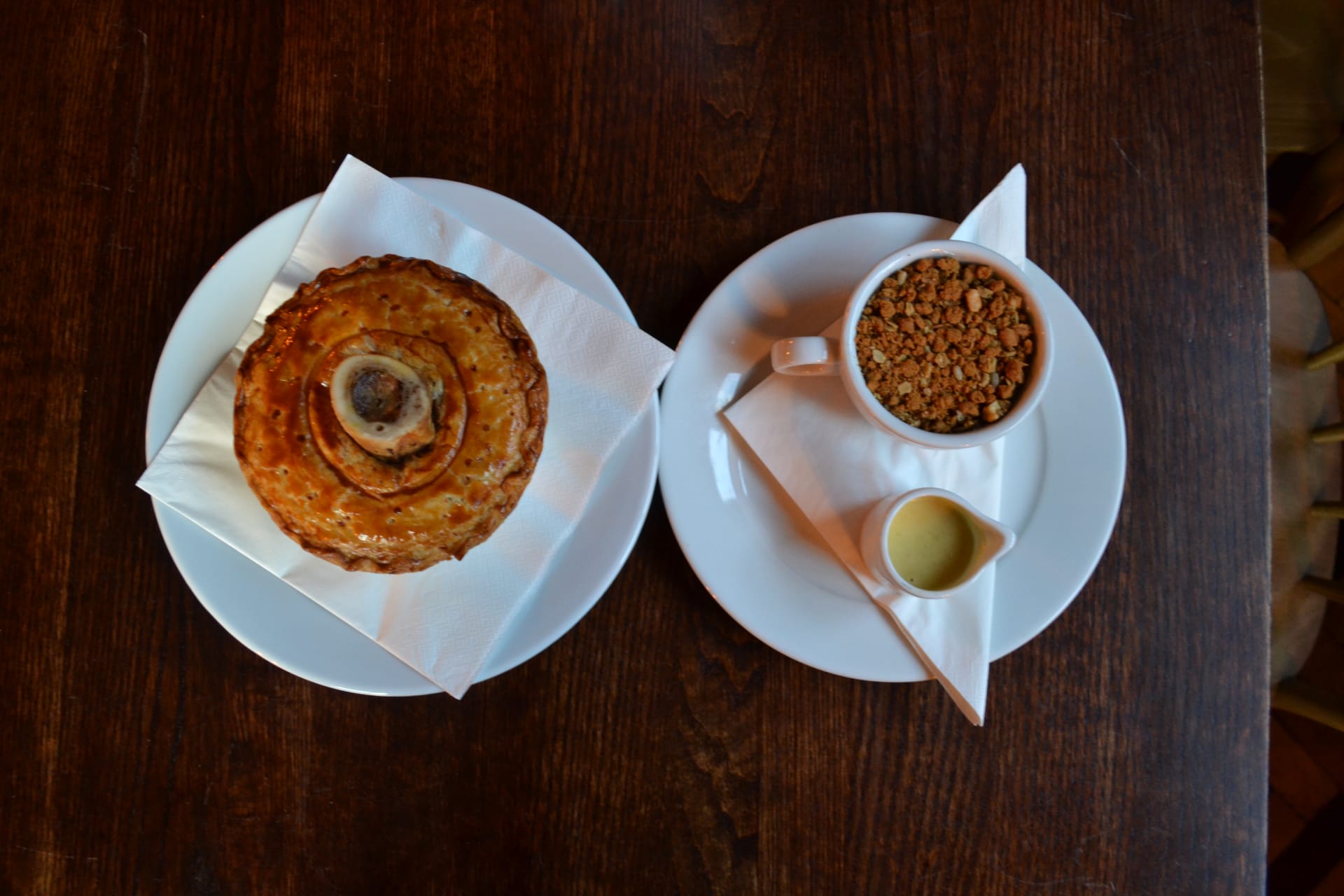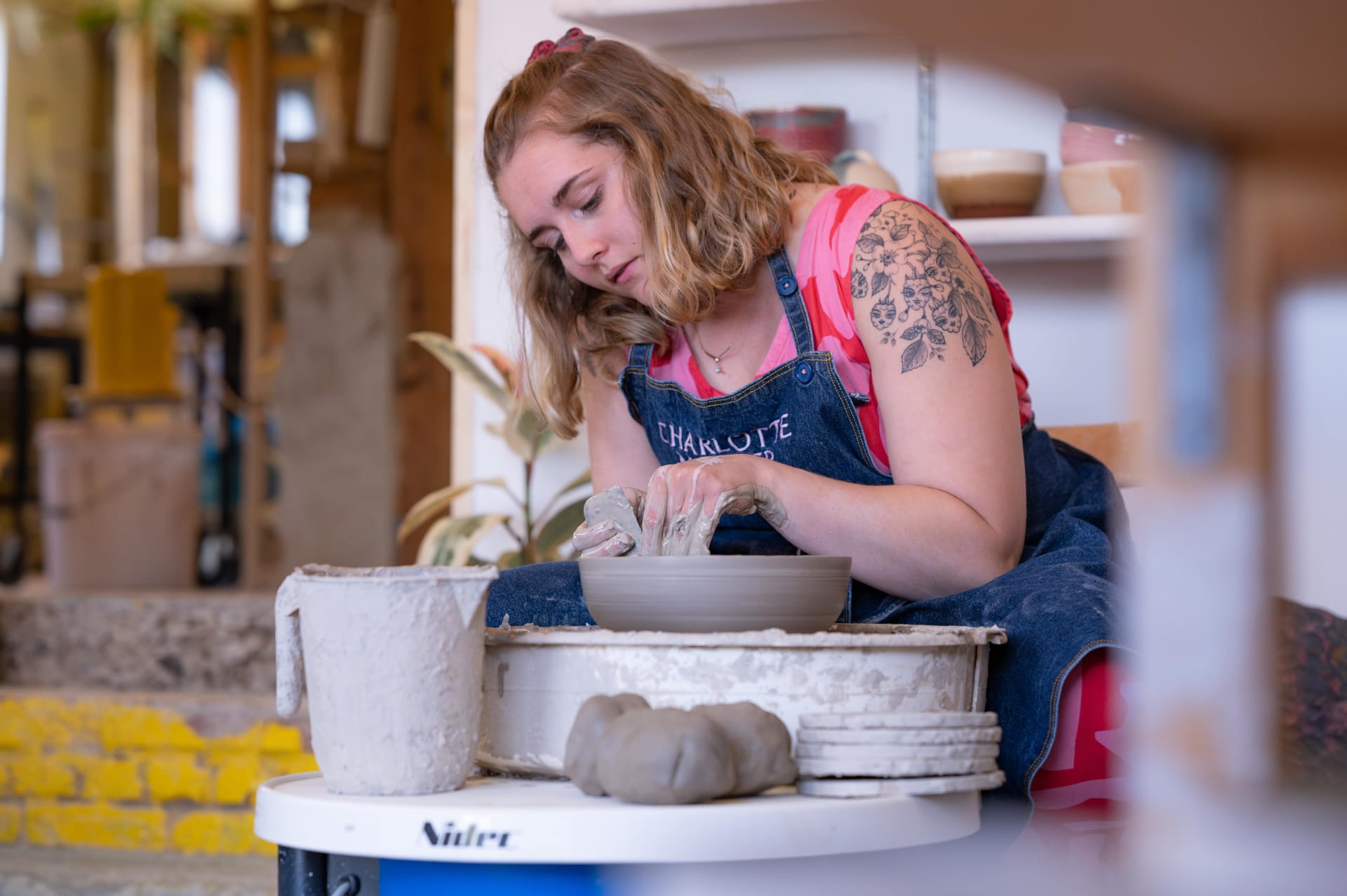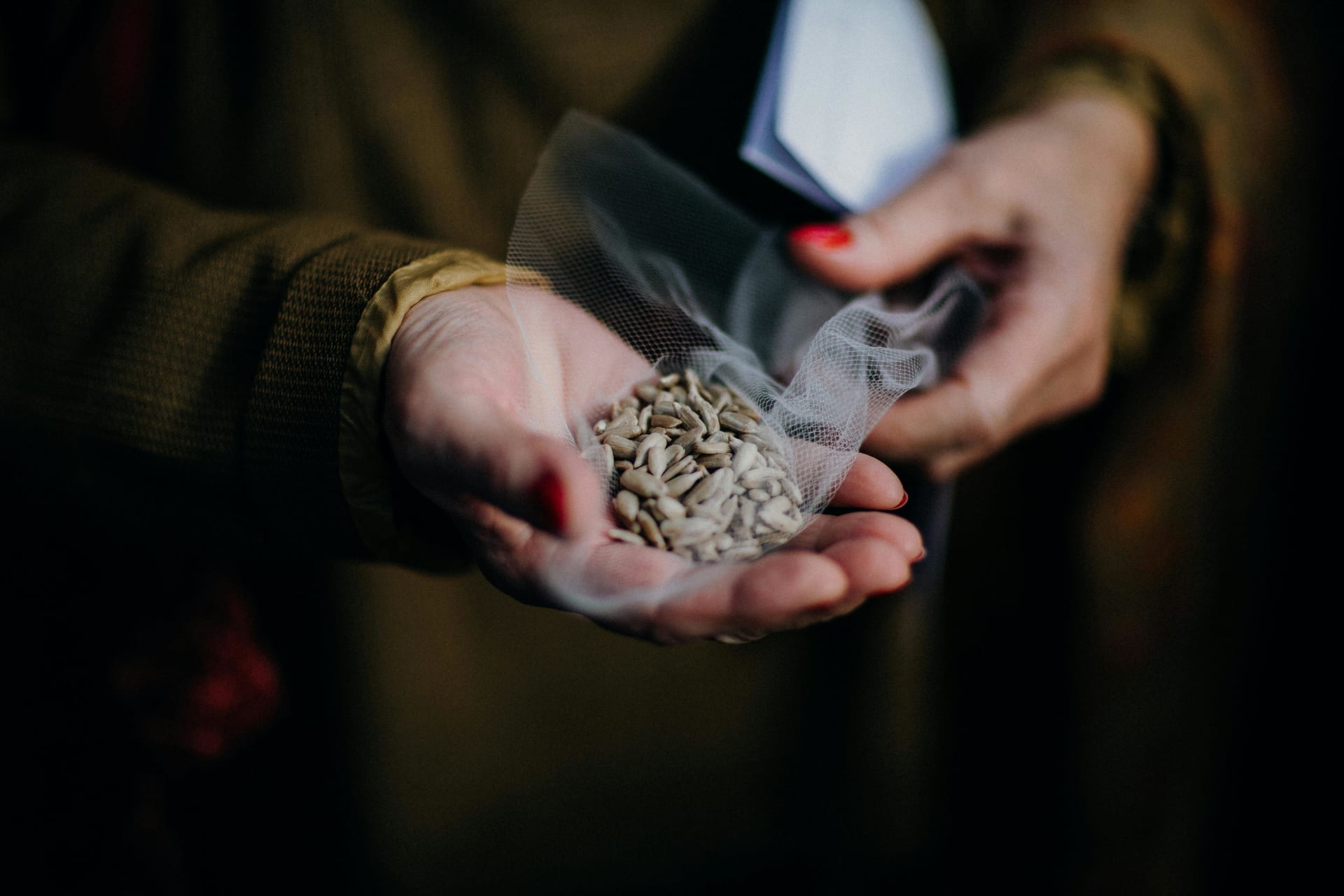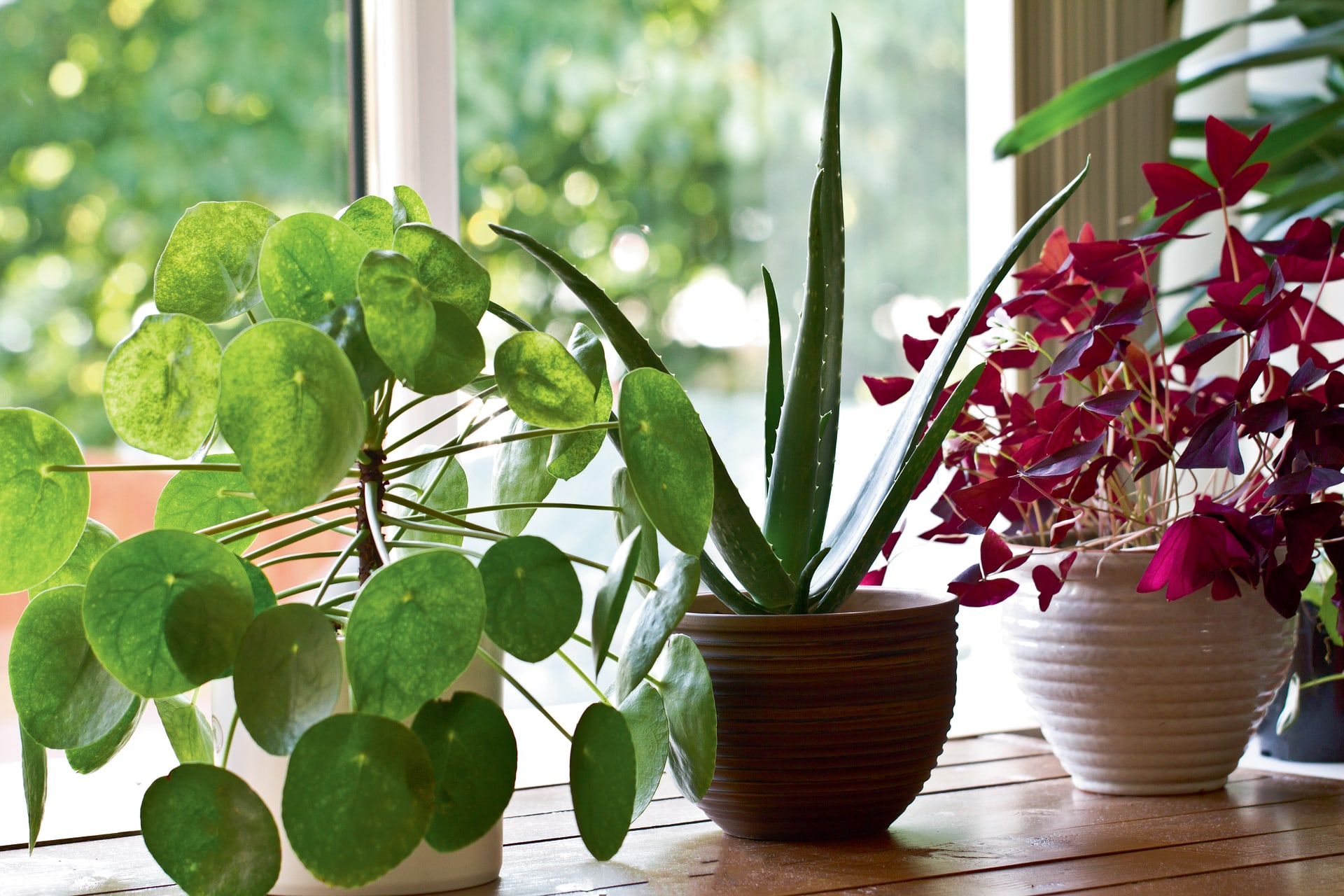To celebrate all things glamourous linked to gardening, we were delighted when English gardener, broadcaster, TV presenter, poet and novelist Alan Titchmarsh MBE, VMH, DL, HonFSE spoke to our gardening correspondent to give us an insight into his own Hampshire gardens, his most memorable TV moments and where he gets inspiration for his novels.
Born in Ilkley, West Yorkshire, Alan was introduced to gardening as a small boy by his grandfather. He loved pottering in his parent’s back garden, learning how to grow plants and do the important jobs of weeding which his grandfather encouraged him to do. It was only natural therefore that when he left school at the age of 15 in 1964 with just one ‘O’ level in Art, that he would be led towards a career in horticulture. Having served four years as a Local Authority garden apprentice, he went on to further his horticultural studies undertaking a City & Guilds Certificate at Shipley College of Art & Technology. He then moved south to take a National Certificate in Horticulture at the Hertfordshire College of Agriculture before studying for a Diploma in Horticulture at the Royal Botanic Gardens in Kew. Having remained at Kew Gardens following his graduation, by 1974 he was ready to accept his next garden related career move when he went off to pursue a career as a gardening journalist.
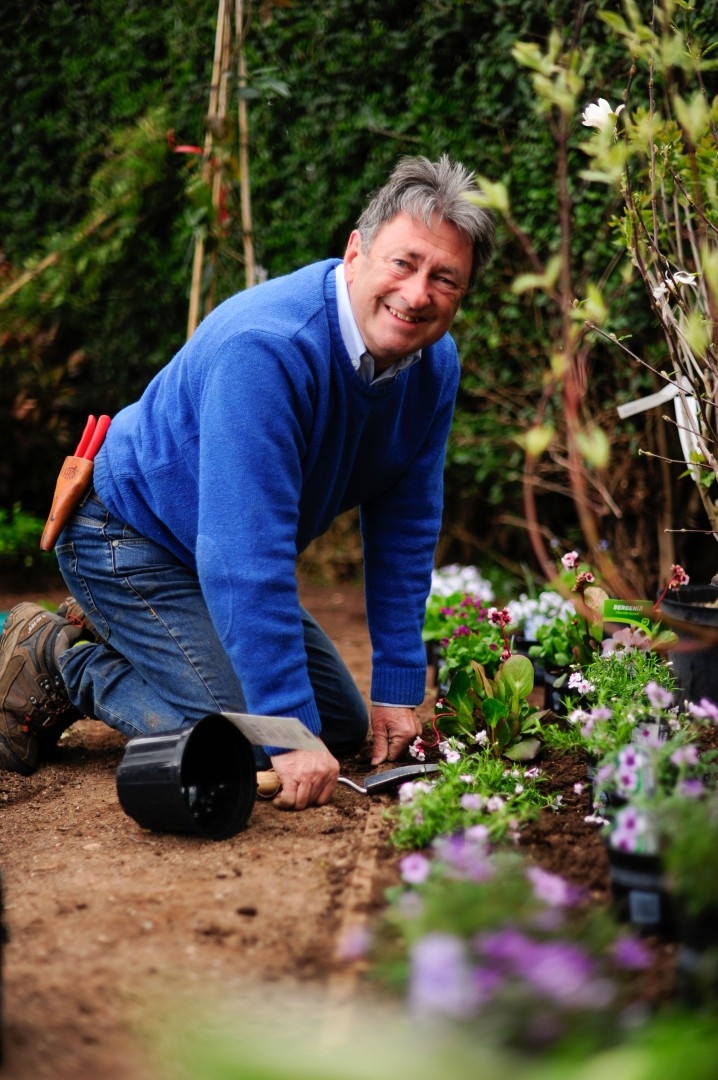 Some five years later, Alan made his first TV appearance on the BBC early evening current affairs programme Nationwide, where he was the programme’s horticultural guru. He soon became immensely popular with viewers and went on to host the RHS Chelsea Flower Show for the BBC in 1983, something which he continued to do for 30 years. Not only has Alan worked on a number of gardening related TV programmes such as BBC Gardener’s World and ITV’s Love Your Garden but his presenting career took him into hosting daytime chat shows such as Pebble Mill and ITV’s The Alan Titchmarsh Show which ran for seven years with 790 episodes. With a love of classical music, and having a fine singing voice himself, he has also presented programmes on Classic FM and BBC Radio 2.
Some five years later, Alan made his first TV appearance on the BBC early evening current affairs programme Nationwide, where he was the programme’s horticultural guru. He soon became immensely popular with viewers and went on to host the RHS Chelsea Flower Show for the BBC in 1983, something which he continued to do for 30 years. Not only has Alan worked on a number of gardening related TV programmes such as BBC Gardener’s World and ITV’s Love Your Garden but his presenting career took him into hosting daytime chat shows such as Pebble Mill and ITV’s The Alan Titchmarsh Show which ran for seven years with 790 episodes. With a love of classical music, and having a fine singing voice himself, he has also presented programmes on Classic FM and BBC Radio 2.
Not only has he presented the BBC coverage of RHS Chelsea Flower Show but he has himself designed RHS Chelsea Gold medal gardens. In 1985 he won gold for his ‘Country Kitchen Garden’ and in 2014, to celebrate both his fifty-year career in horticulture and the RHS Britain in Bloom, he joined forces with garden designer Kate Gould, to create an RHS show garden From the Moors to the Sea – a celebration of RHS Britain in Bloom. His work for services to horticulture and broadcasting have been recognised by both HM The Queen when he was appointed a Member of the Order of the British Empire in 2000 and by the RHS in 2004, when he was awarded the RHS’s highest accolade, the Victoria Medal of Honour. He is president and patron of over 50 charities and his popularity continues to grow year on year as one of the UK’s ‘national treasures.
However, when it came to designing his own garden when he sold his beloved Barleywood some twenty years ago (the garden made famous on Gardener’s World) what challenges did he face in creating a new garden for his Grade II listed home?
“The greatest challenge was to create a garden that fitted a Georgian farmhouse but with a modern twist. The garden is more level than the hillside garden at Barleywood, but I did not want to create a replica of the garden I left behind. Nor did I bring any of my favourite plants with me when we left as the new owner bought the house and garden as they were, so I felt it was unfair to uproot anything! The farmhouse garden, unlike the Barleywood garden, has formal lines around the house but becomes more informal as you get further away.”
However, the Titchmarsh’s garden at their holiday home on the Isle of Wight is a complete contrast in terms of both style and planting. “The Isle of Wight garden is on a north-facing slope on the north coast. I have made a jungle-like seaside garden with Tetrapanax, echiums and other plants which are too tender to thrive in my Hampshire garden. It is very informal, and the close proximity of The Solent means that frosts are rare.”
With such a prestigious horticultural career and unquestionable knowledge about plants, surely Alan must have key favourite plants that he enjoys adding to his garden designs.
“When it comes to choosing my favourite plants, this is almost impossible to answer, though I love Japanese maples, Hostas, old-fashioned roses, sweet peas, pinks, irises, snowdrops, tulips and narcissi. You see my problem.”
Not only has Alan been involved in designing award-winning show gardens, but he has wide experience in creating gardens for people to use on a daily basis, so we asked him what he considers are vital components to include when designing a garden?
“The design must suit the house and the locale. The components must suit the needs of the family but there must always be somewhere to sit and also a sense of space as well as busy-ness. As in music, the ‘silences’ are as important as the notes.”
Being involved in such a wide variety of television programmes over the past forty years, there have been some truly memorable moments, not only for Alan but the viewers, too.
“I enjoy the variety and also the unpredictability. Making a garden for Nelson Mandela was a high point; showing The Queen around a garden I made at Chelsea Flower Show was another, but I love making gardens for individual families as I do on Love Your Garden. They really do change lives for the better.”
When Alan is not gardening and appearing on television, he turns his creative talents to writing books, not just gardening books but also works of fiction. Having written over forty gardening books, and three memoires, his twelfth novel entitled The Gift was published earlier this year. We asked Alan where he gets his inspiration from when it comes to writing page-turners.
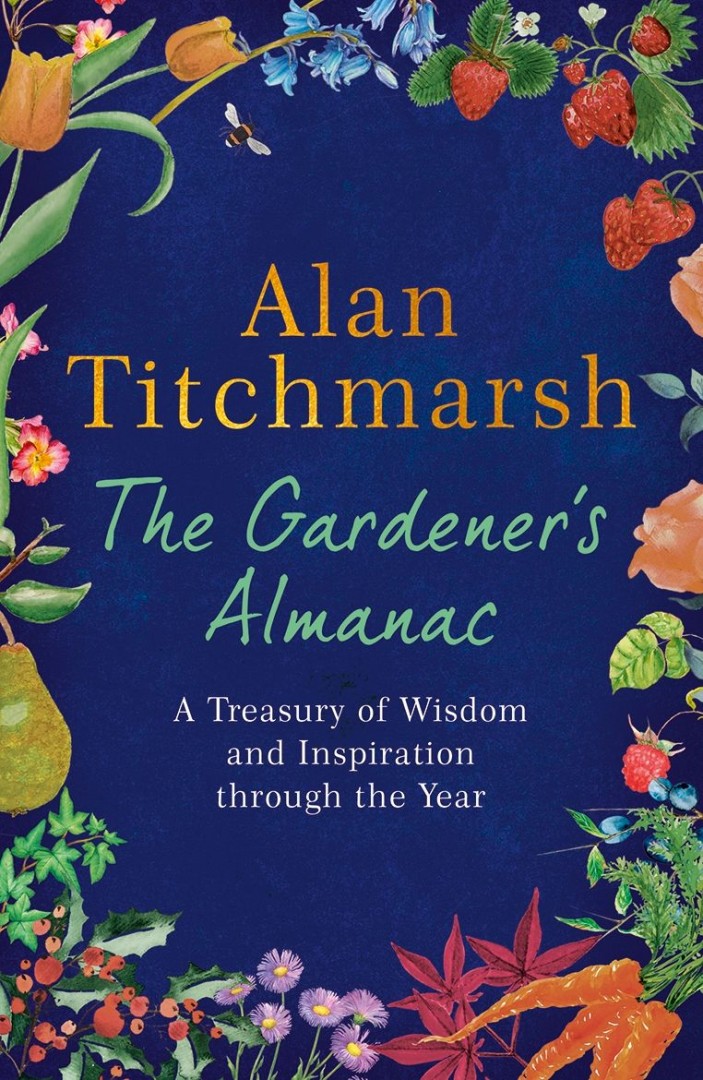 “I have no idea where the ideas come from, but I do muse upon them when I am in the garden. They are always set in places I know well, and I have to have characters for whom I can feel some sympathy. That said, my characters are not based on real people; they are the product of an over-active imagination! Each takes about five or six months to put together. I tend to write my novels in autumn and winter when there are fewer filming commitments. I write in the morning - starting at around 8.30am and finish at about 1pm - and potter in the garden in the afternoon.”
“I have no idea where the ideas come from, but I do muse upon them when I am in the garden. They are always set in places I know well, and I have to have characters for whom I can feel some sympathy. That said, my characters are not based on real people; they are the product of an over-active imagination! Each takes about five or six months to put together. I tend to write my novels in autumn and winter when there are fewer filming commitments. I write in the morning - starting at around 8.30am and finish at about 1pm - and potter in the garden in the afternoon.”
Just in time to make Christmas gift buying easier, Alan has a new gardening related book out, too. “Published at the end of October is ‘The Gardener’s Almanac.’ This is a handbook-sized collection of all kinds of things, not just ‘what to do this month’ but suggestions of things to read, music to listen to and such like. It has been fun to put together.”
And when Alan is not presenting, writing or gardening how does he like to relax? “I read a lot, I have an old car that I enjoy driving and I love walking. But at some point, in the day you will find me in the garden!”
Alan’s novel The Gift and his The Gardener’s Almanac are published by Hodder & Stoughton.
